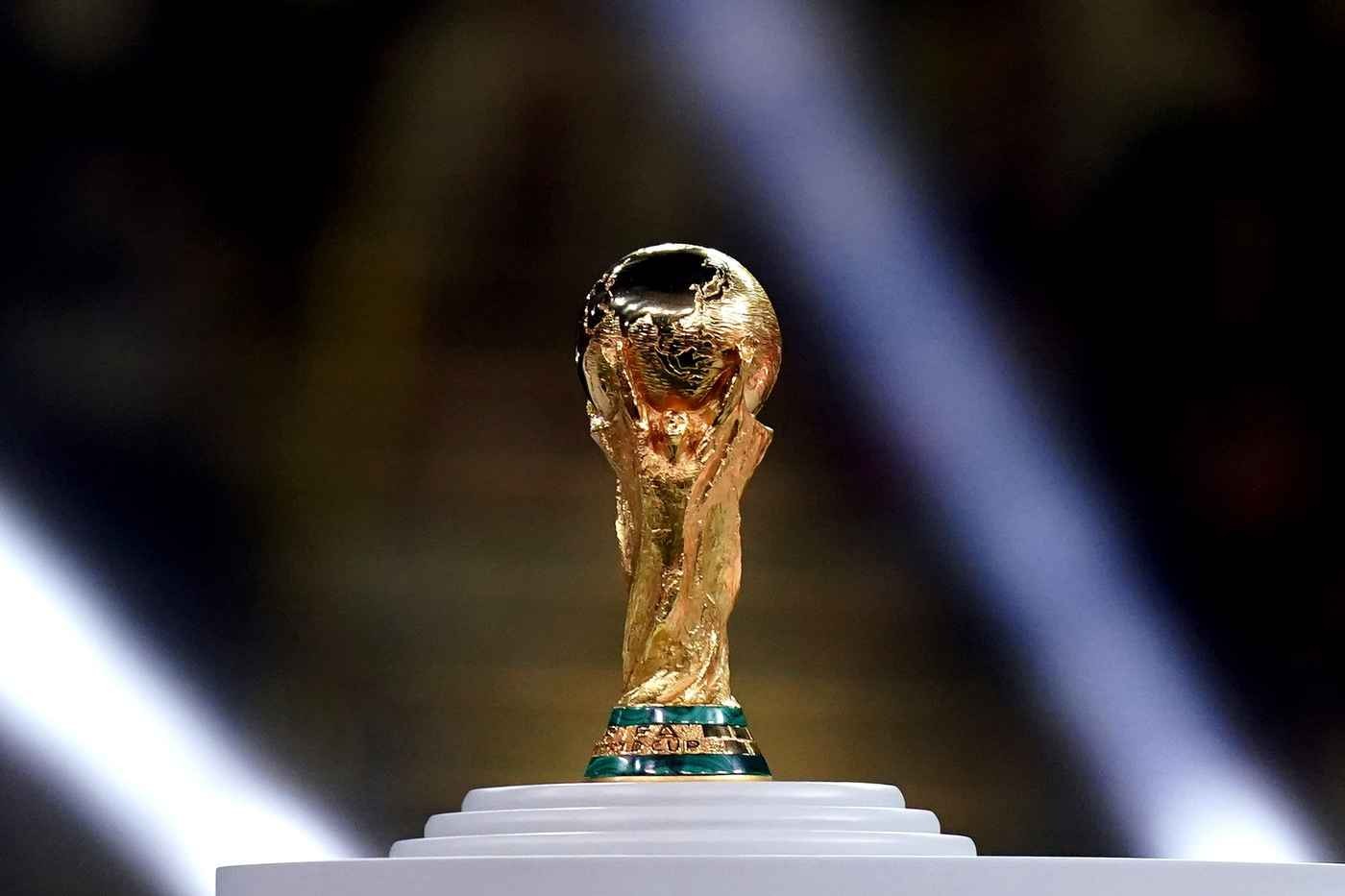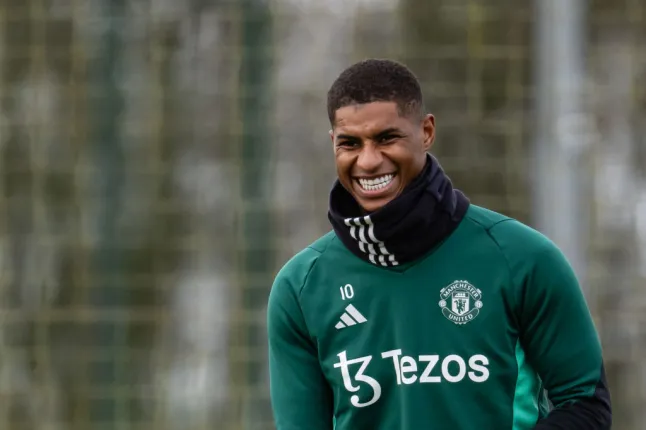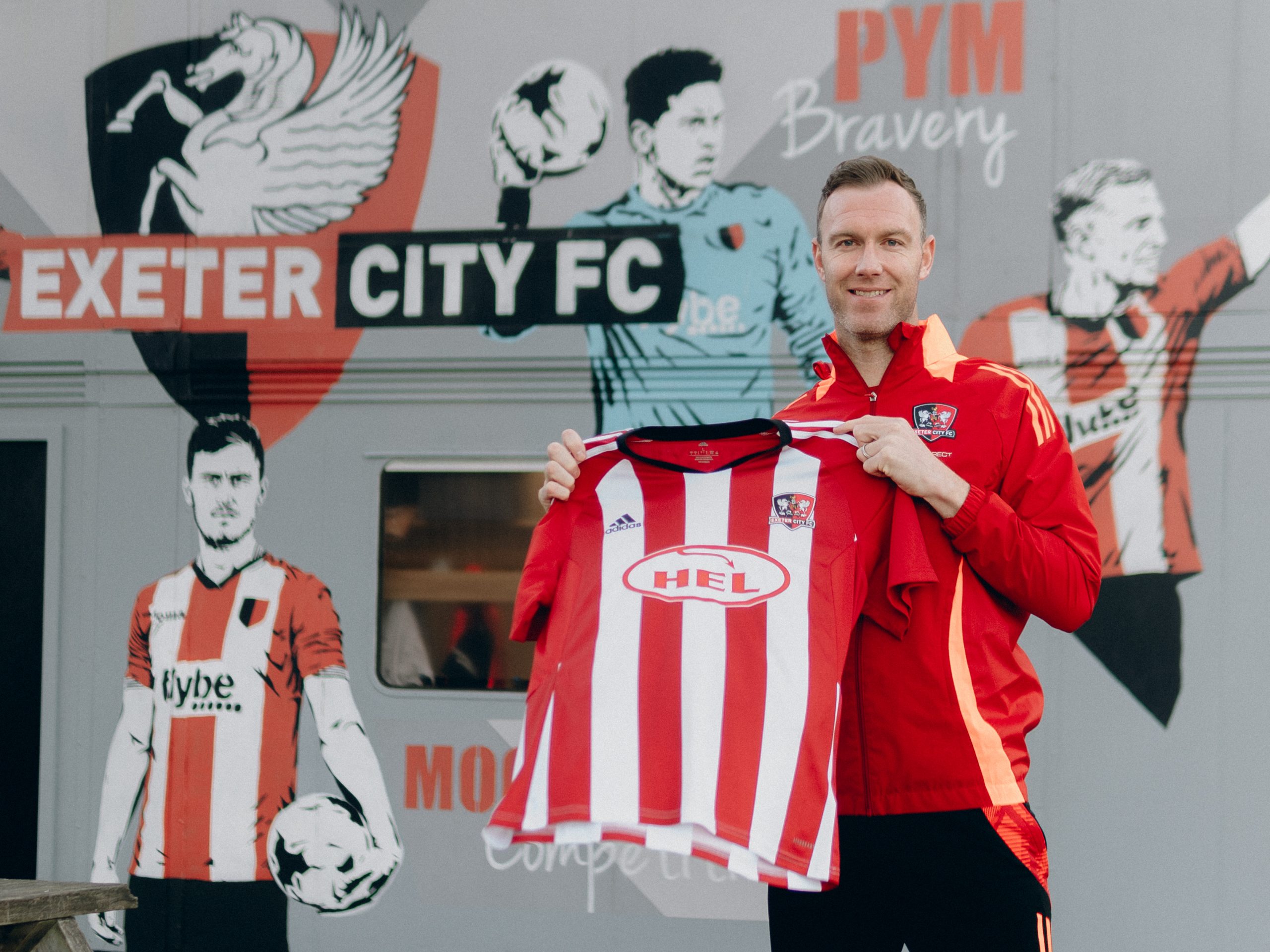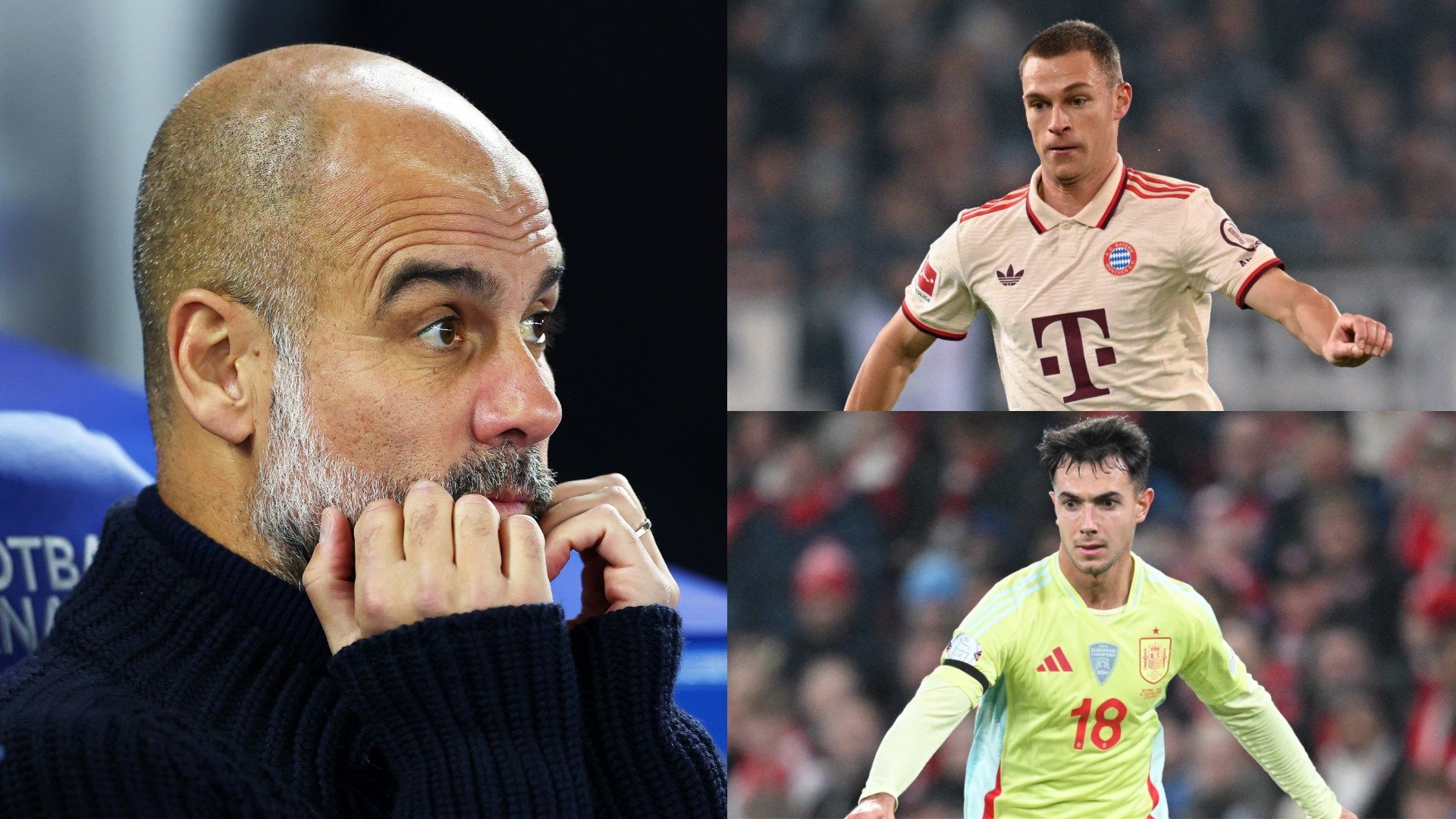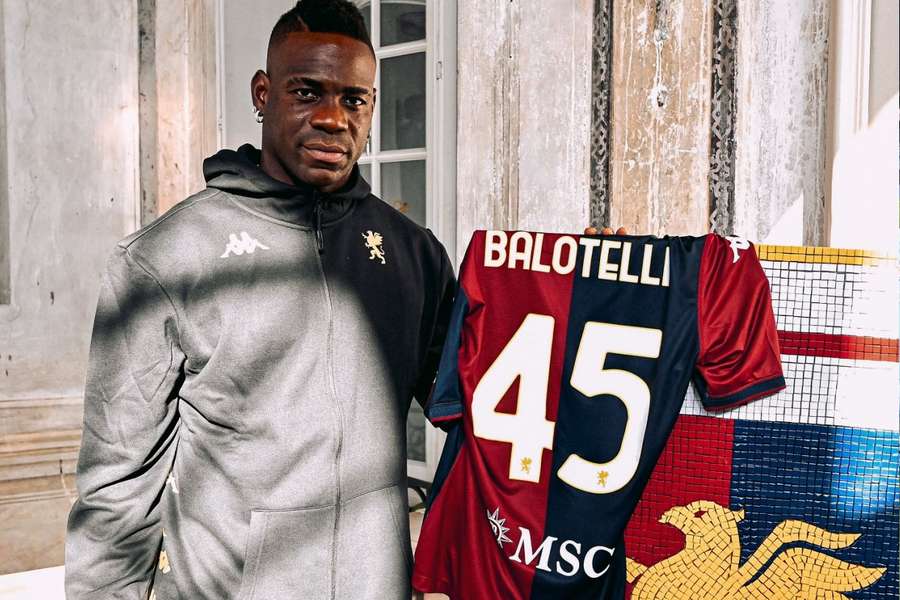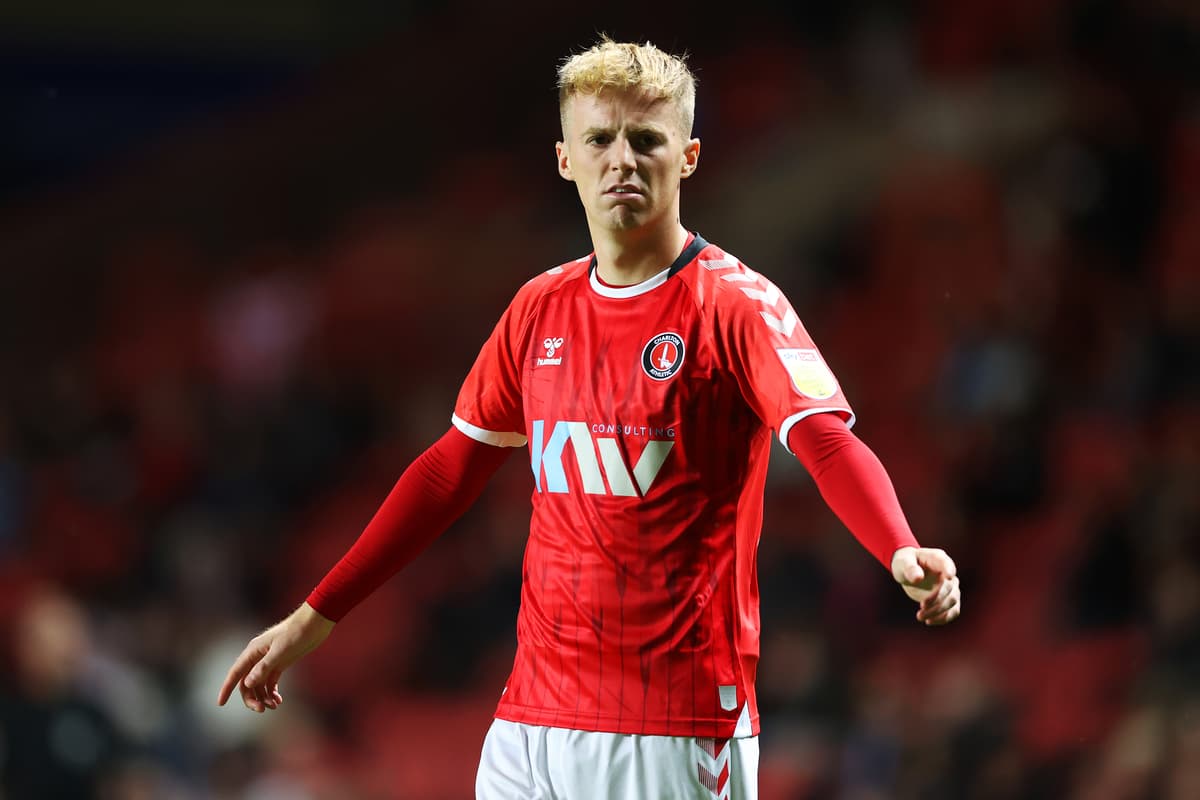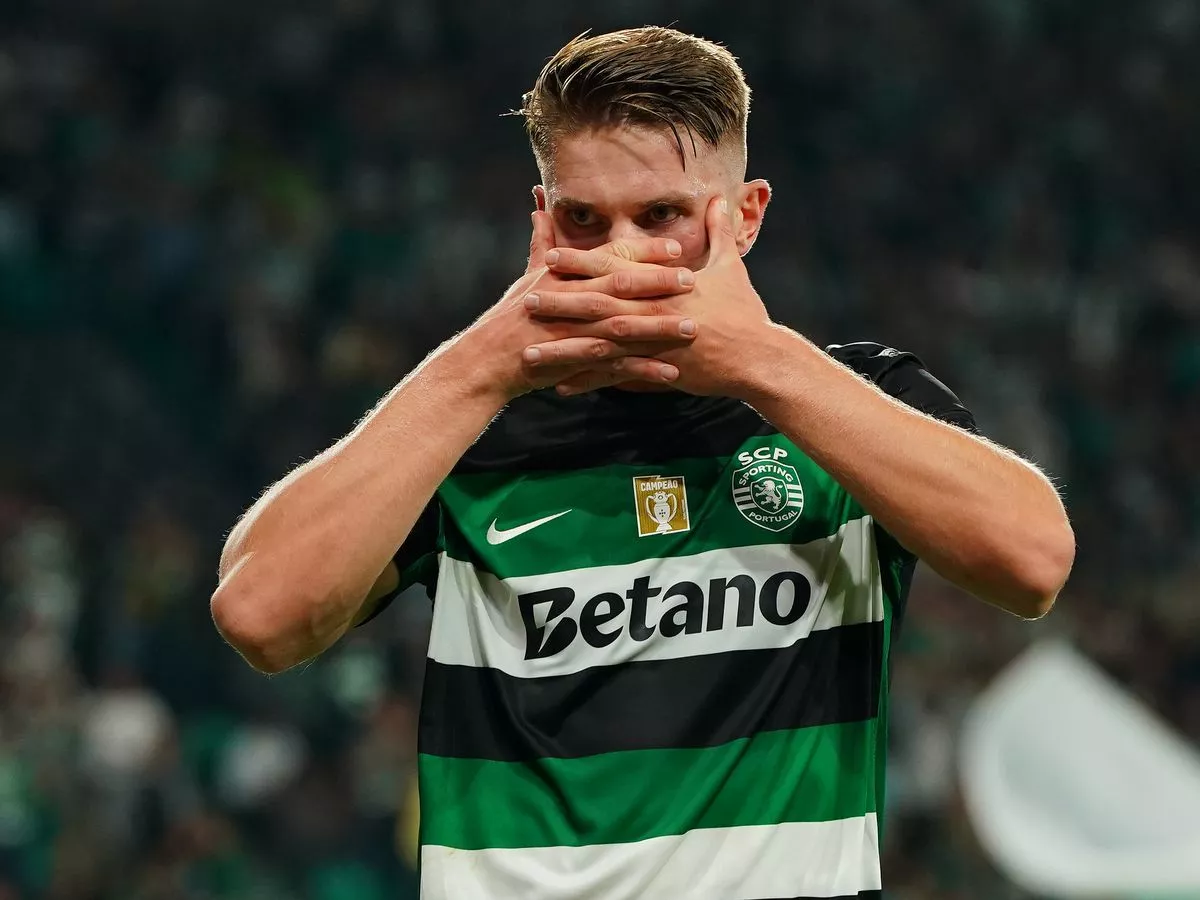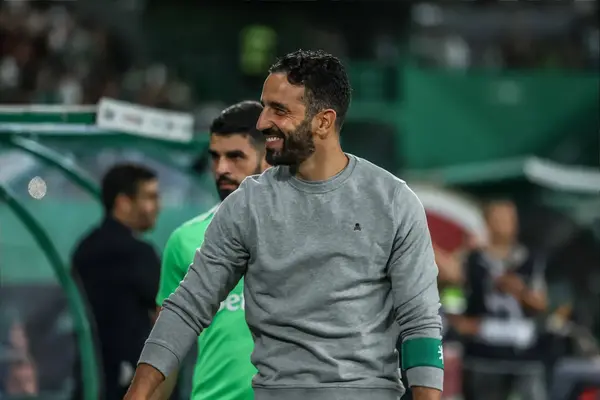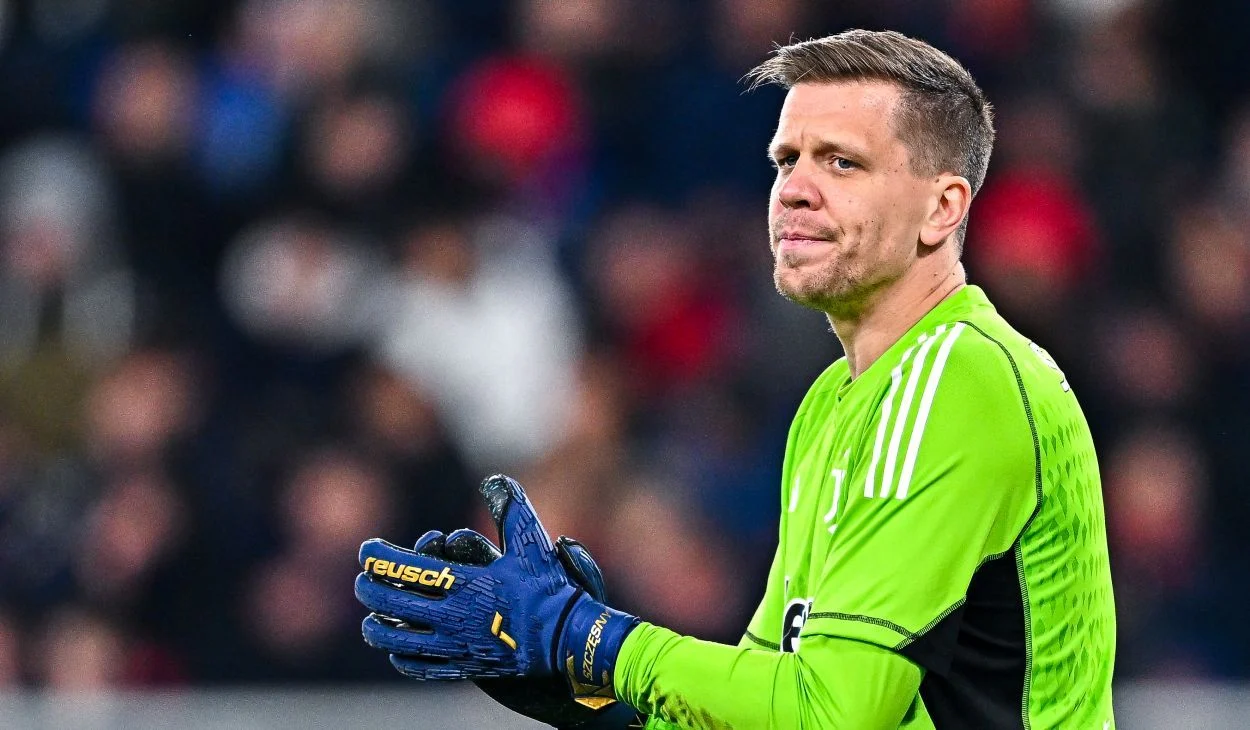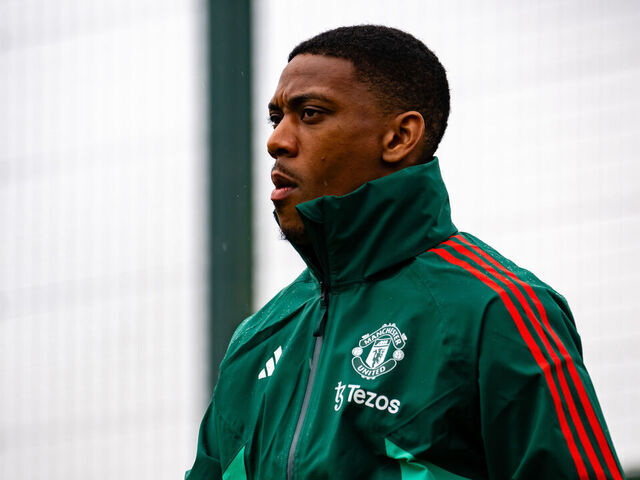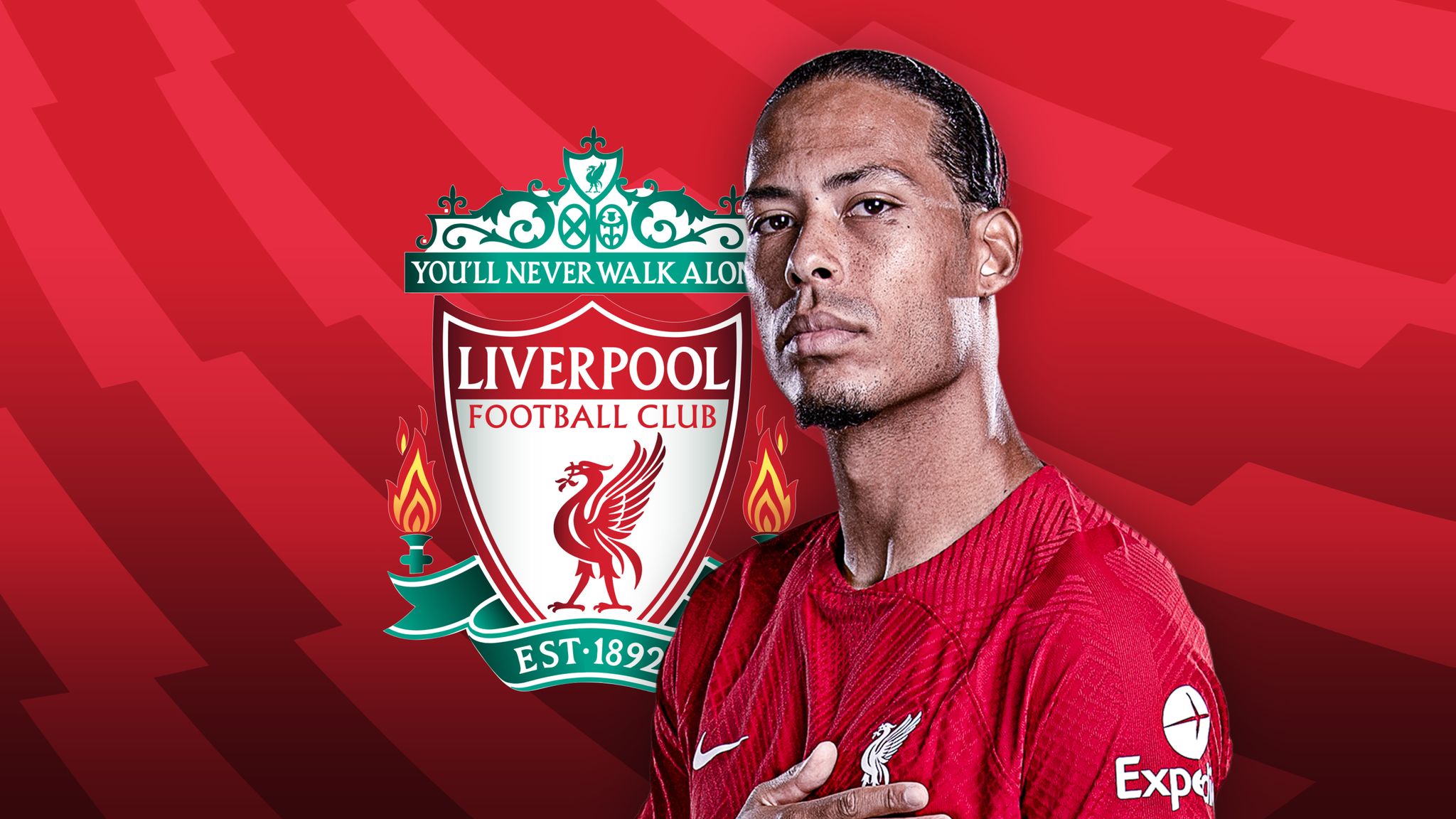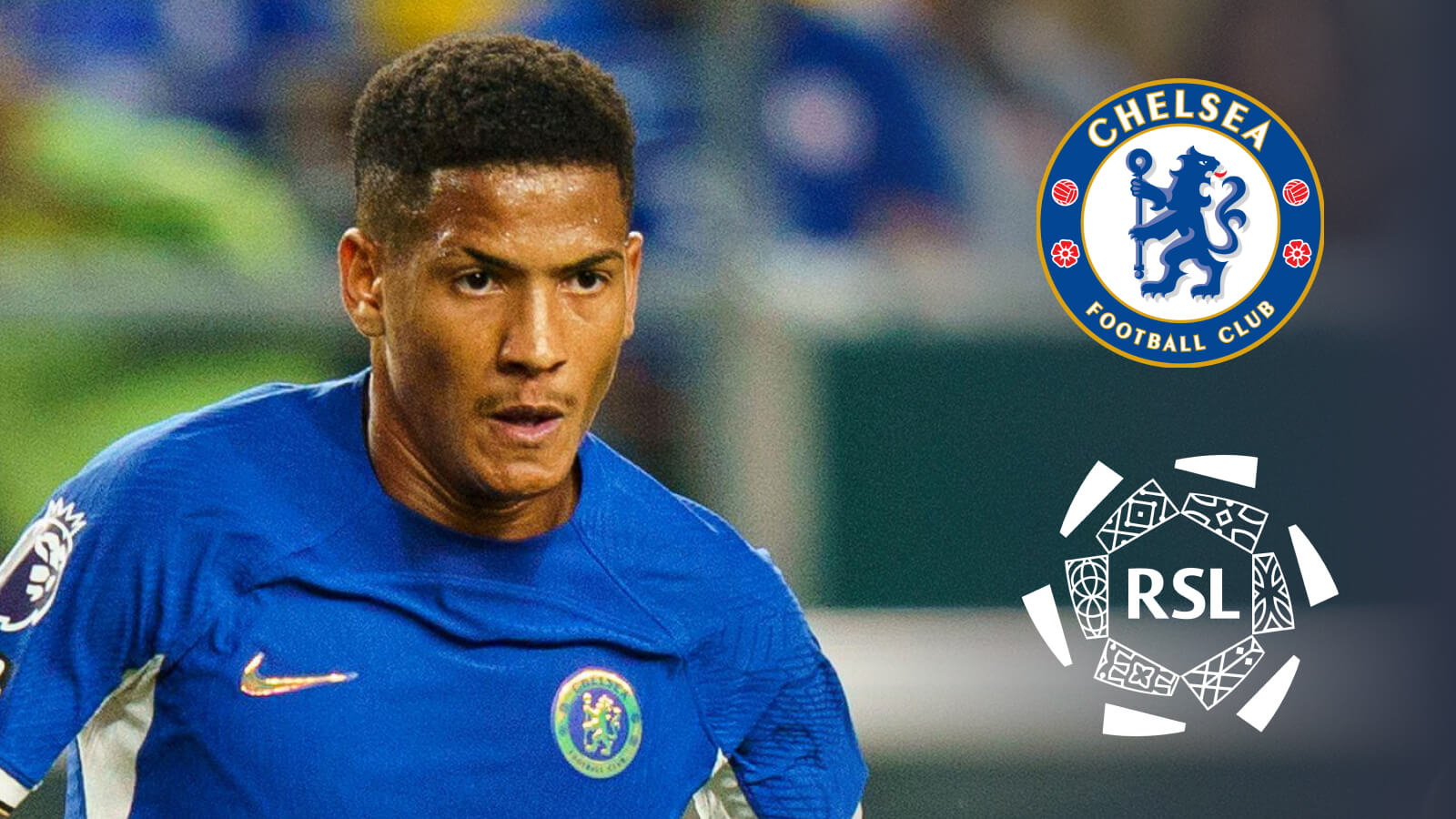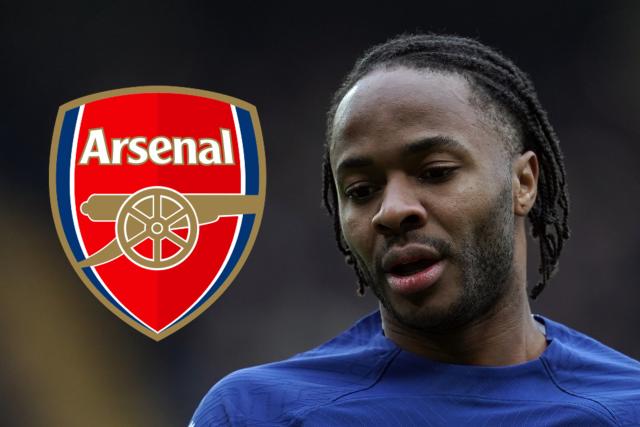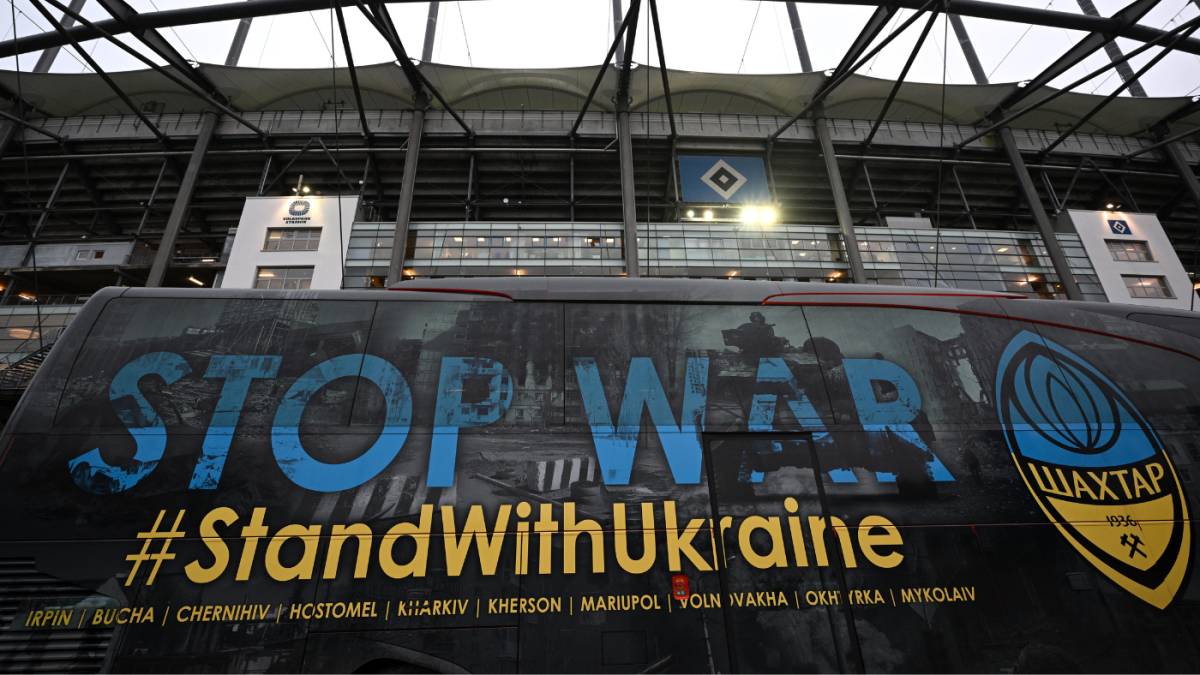
The ongoing war in Ukraine has profoundly impacted Shakhtar Donetsk, shaping not only their footballing challenges but also their operations and community initiatives. Here’s an overview of the current situation and its implications for the club:
Harsh Realities of War
Shakhtar Donetsk’s preparations for matches are overshadowed by the dangers of the conflict. Just days before a scheduled game against Kryvbas, their hotel was struck by a Russian missile, resulting in fatalities and injuries. This incident illustrates the precarious environment the team operates in. Shakhtar’s CEO, Sergei Palkin, expressed the emotional toll of such incidents, stating it’s challenging to convince players to compete in such a volatile atmosphere.
Safety Concerns
Despite the match going ahead, it was interrupted due to an air raid alert. Palkin highlighted the difficulties in managing the team’s logistics and the mental strain on players and their families. This anxiety is compounded for foreign players, who may feel particularly vulnerable in an unfamiliar country.
Travel Challenges
Competing in European competitions offers Shakhtar an opportunity to play away from the war’s direct threats, yet it comes with its own challenges. Palkin noted that the long journeys for matches, including multiple coach and flight transfers, can leave players physically and mentally exhausted, hindering their performance.
Historical Context
Since relocating from Donetsk a decade ago due to conflict, Shakhtar has played home games in various cities, both within Ukraine and abroad. Their rich history includes multiple league titles and a UEFA Cup victory in 2009, which have made them a formidable force in Ukrainian football. However, the instability and loss of their home base have complicated efforts to attract new talent.
Recruitment Difficulties
Palkin pointed out that the ongoing war has made it increasingly difficult to lure top players, as potential signings are often deterred by safety concerns. While Shakhtar has a reputation for developing talent, the current circumstances limit their ability to recruit and retain high-profile players.
Community Initiatives
Amidst these challenges, Shakhtar has focused on supporting those affected by the war. They are involved in various humanitarian efforts, including building homes for displaced families and offering rehabilitation for soldiers. The formation of the Shakhtar Stalevi amputee team exemplifies their commitment to community support, providing opportunities for those impacted by the conflict to remain active and engaged.
Conclusion
Shakhtar Donetsk’s resilience in the face of adversity is commendable. They continue to pursue their passion for football while prioritizing the welfare of their players and the community. As Palkin stated, “We are fighting because we believe we have a good future,” reflecting a shared hope for peace and a brighter tomorrow for Ukraine.



